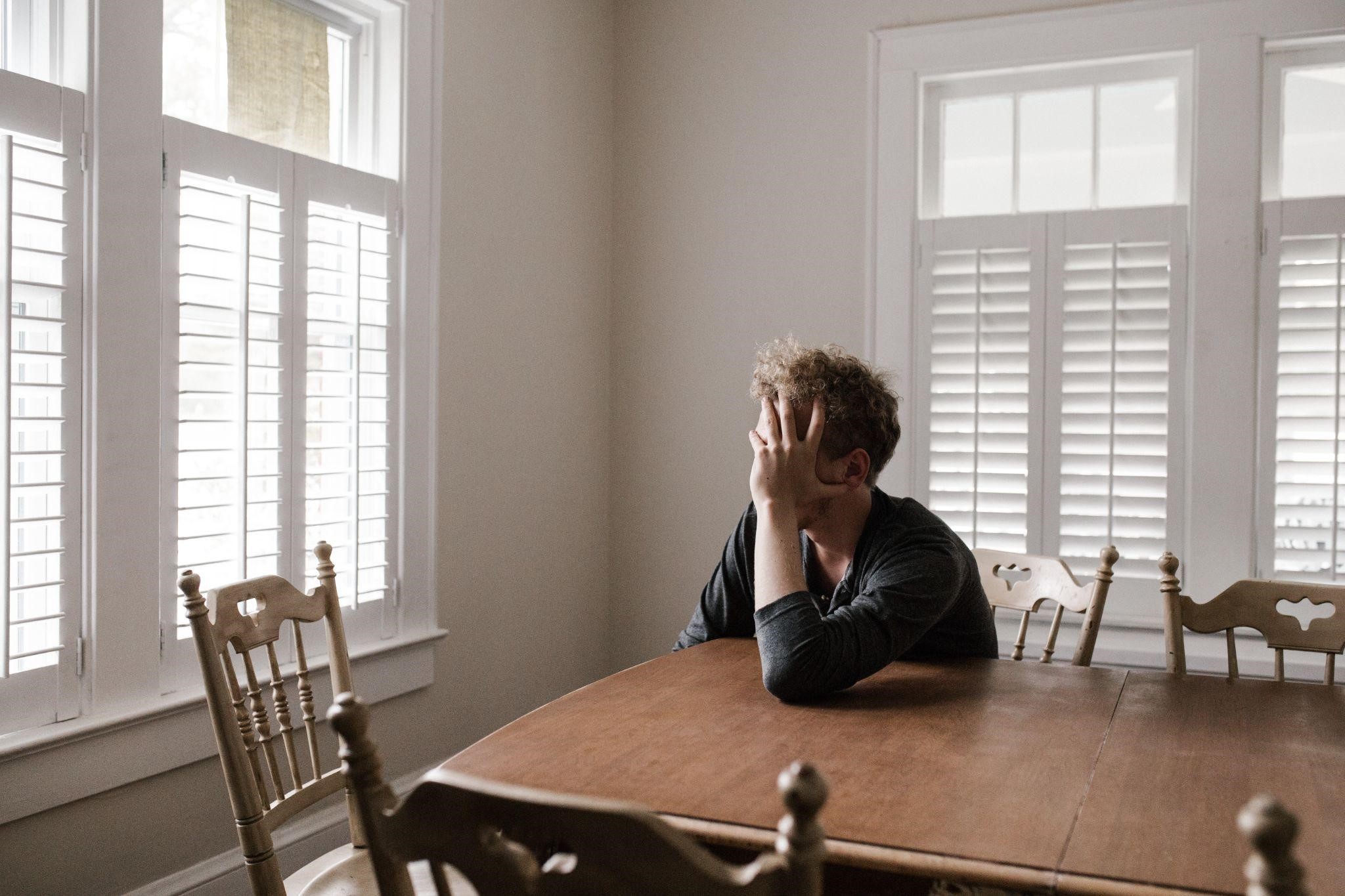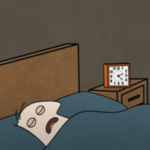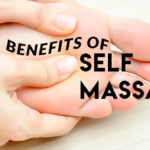
According to the Anxiety & Depression Association of America, anxiety is the most prevalent mental illness for Americans. In total, different types of anxiety disorders affect up to 40 million U.S. adults each year. If you are one of these individuals, you may feel that there is no way out of your repetitive anxious thoughts, panic attacks, or post-traumatic stress symptoms, but fortunately, these conditions are very treatable. There’s a lot you can do by yourself to manage your anxiety. Consider the following three ways to prevent anxiety attacks before they start, presented below by Naturally Fall Asleep Fast.
1. Find a Routine That Works for Your Family
Predictable routines aren’t just for preschoolers. If you find yourself stressing out over child care while working from home, completing all of your household chores before company arrives, or finishing grading that stack of papers to hand back to your students, consider the ways in which you could change your routine to make your life easier.
Humans of all ages thrive on routine, and even more so if they have a large family, small children, and pets that have different needs at different times. If you’re one these people, start by analyzing your day and looking for areas that could improve. If you know that Monday mornings induce panic attacks because you’re making and packing your kids’ lunches five minutes before you usher everyone into the car, start by making lunches the night before. If you’re having trouble getting to work on time, consider teaming up with other parents to carpool to your children’s school. Focus on getting better sleep to reduce anxiety as well. Consider using natural sleep aids and using meditation to help you fall asleep faster.
2. Analyze Your Diet
For some people, caffeine can cause a feeling of jitteriness. For others, especially adults who have been diagnosed with ADHD, caffeine can lead to a feeling of calm and well-being. Avoiding simple sugars and starches that may lead to blood sugar crashes on the way to work and instead investing in a high-quality protein shake could be the key to a balanced, calm morning. Try keeping a food diary for a week or two to see what foods and drinks work for your body — and which ones should be avoided at all costs.
3. Change Your Work Hours (Or Career)
At times, your job could be the main trigger for your anxiety disorder symptoms. If you can afford to reduce work hours or change shifts, do so immediately to regain control over your schedule and your sense of anxiety. If you feel stuck in your current career, consider enrolling in a flexible online program that allows you to finish a degree while you remain at your current full-time job. You may wish to become a teacher, transition to a job in web development, or advance to a higher station in nursing with a convenient online degree program.
Whether you choose to manage your anxiety alone or seek professional help, know that both methods of treatment can work successfully. If you feel that you need help after your attempts at planning ahead, changing work hours, or avoiding stress-inducing substances don’t work, get in touch with a qualified, licensed counselor or therapist to help you navigate your way back to peace.






